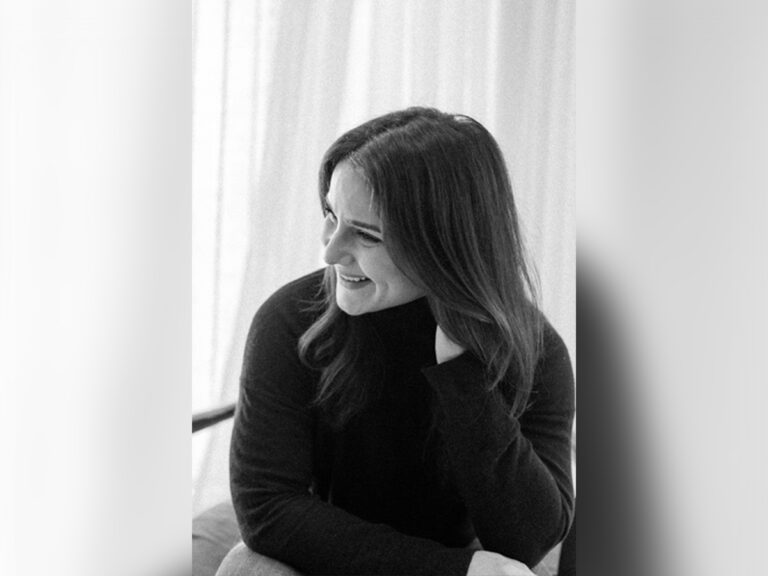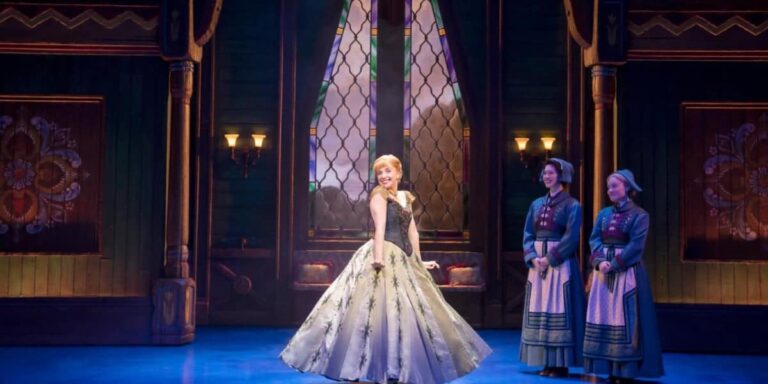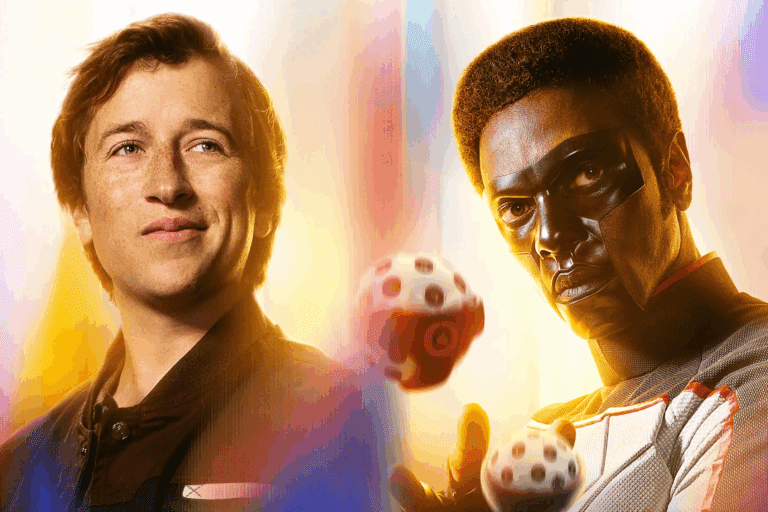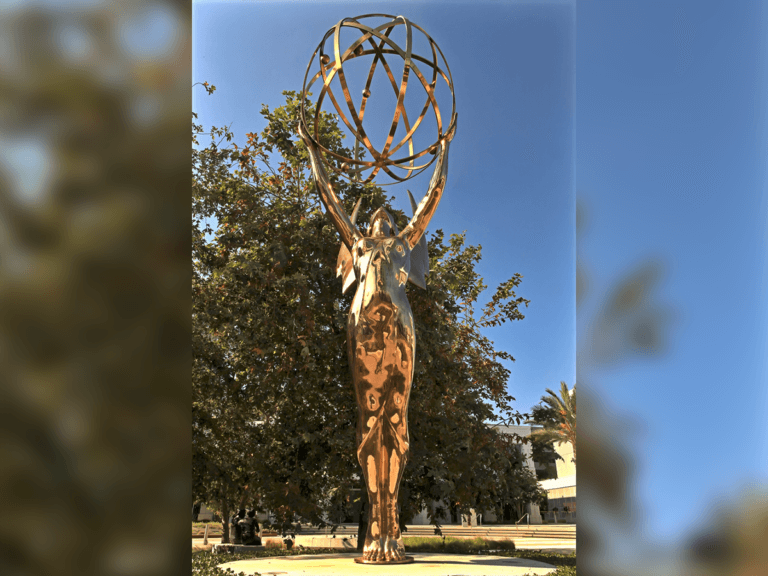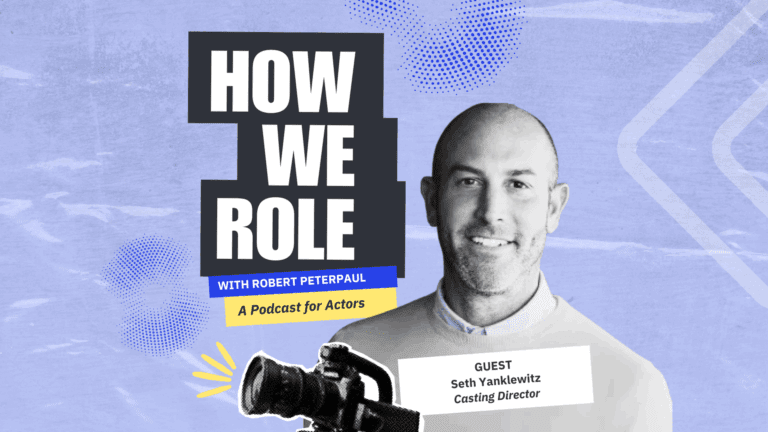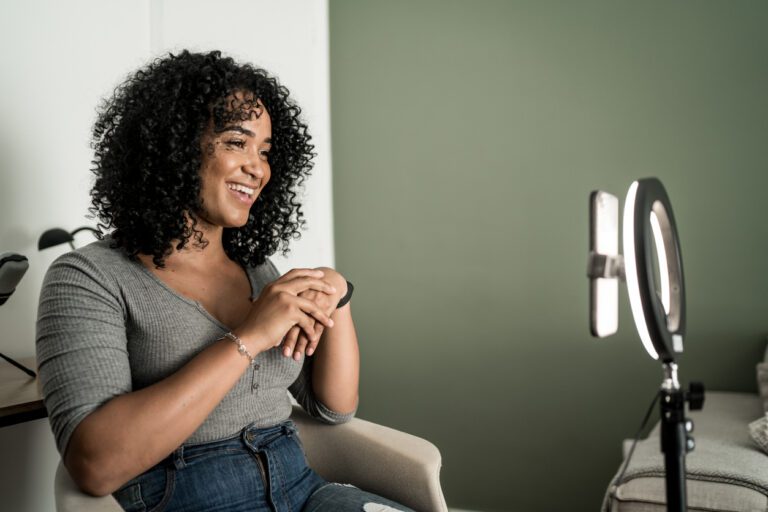What do Packed to the Rafters‘ Ryan Corr and Home and Away’s Emily Weir have in common? They both praise Australian casting director Peter Rasmussen for the pivotal role he’s played in their careers.
Based in Queensland, Australia’s sunshine state, Rasmussen Casting has been responsible for sourcing talent for films such as Celeste, The Butterfly Tree and two of the Underbelly Files films. Rasmussen has also been behind a slew of commercials and sourced extras for several major television series.
We sat down with Rasmussen to talk about his advice for actors, making big casting decisions and much more.
Casting directors often have an interesting origin story. Can you share a little about yours?
My interest in casting began with a fascination with performance—I became an actor. I went to acting school and had a wonderful time in my career despite only enjoying low to moderate success, like many others. [But] when I reached my mid-30s, I realized I still hadn’t found my ideal place in the industry.
In the early days of social media, a great casting director, Tom McSweeney, friended me on Facebook. I wrote a message back asking if he needed a casting assistant, and two weeks later, I was casting Sea Patrol, season 3 and H2O: Just Add Water, season 3. That began a six-month stint with him and then with another big casting company. I then created Peter Rasmussen Casting in Queensland, and the rest is history.
What’s a moment from your career so far that you’ll forever cherish?
I can’t think of just one thing. I’m grateful to have worked on some really big productions, but I do think some of the smaller projects I’ve worked on have perhaps been more special. It’s a privilege to help make a small project possible by attaching the best talent for the job.
I also have an acting studio, so there have been actors who have trained with me from the beginner level and have later gone on to successfully audition for lead roles I am casting. To get to call and tell them they’ve secured their first role has been something incredibly special.
Every time I get asked to cast a movie or a commercial or TV show, it honestly just feels like I’ve been given a wonderful gift to get to play with passionate creatives—both the actors and filmmakers. I know it sounds cheesy. [But] having grown up in the country, at times feeling lonely, I often joke that casting is like scheduling friends to come and play at 12.5-minute intervals.
In light of all the changes in our industry over the past decade, what does your casting process look like today?
I love embracing new technology, and it’s incredible how fast it has moved. It’s amazing to think I started my casting career in the days of sending mini DVD cassettes in the mail interstate, trying to catch the courier on a Friday afternoon after a long week of testing. I love the fact that we now have amazing casting platforms that allow us to film in the room and send a link to the client, and then they can see all the auditions as they are filmed.
Lately, I’ve enjoyed creating methods to give self tapes the same kind of personal direction that an in-room audition gives. I’ve been creating videos, audio material and other instructions to help actors make choices and give compelling performances. I attempt to make actors feel I’m talking directly to them and encourage them to make specific choices to bring their auditions to life. I’m always amazed at how creative actors can be given a little actionable direction via a self tape brief.
Despite self taping becoming more popular than ever, we’re still seeing a lot of directors and producers asking to have in-room auditions, which is fantastic. When the budget allows, it’s great to be able to meet actors in person, see the director work with them, and have a wonderful time in the room. That coming together of creatives is one of the most exciting parts of my job. Audition days can be very fun, but hectic!
For sure! On new technologies, how important would you say an actor’s social media presence is these days?
It’s difficult to admit, but when trying to get a feel for a person’s character, the casting databases sometimes aren’t quite enough.
Having a look at somebody’s social media profile can give you a good idea of who they really are. It can be very informative when an actor has a bit about themselves on socials and can help me know how best to cast them. It’s also great to see actors creating characters, writing themselves small skits and editing— these are all great learning opportunities.
But, as a warning to actors, producers are often asked to do a social media check to see that nothing will embarrass their client.
Can you spot any common threads in the actors you love to request or call in?
I find the actors I keep calling in have a genuine curiosity in them and a sense of play. They’re always fascinated to connect to people and with ideas, and are genuinely emotionally connected. They are creative and well-trained. They have a strong sense of their craft.
I think acting, for an actor, is creating a specific relationship with persons, objects, places and events in the imaginary world. That very dry statement basically entails that when somebody lives fully in their imaginary world and is engaged with everything and everyone around them, they become fascinating to watch. I think this curiosity and connection creates what you might call “the X factor.” When a person is interested in things, we are interested in watching them.
That’s gold! Staying with actors, what’s something you wish more people knew about the casting process?
I wish actors knew that their audition was more like a pitch on how they see the role portrayed. It is their suggestion based on the information they have. Making a creative choice or two is everything.
An audition is taking the information you have and sending back something compelling and interesting. Instead, most actors see an audition as a test of their worthiness—of either themselves or their skills—and their ability to not make mistakes, which unfortunately results in actors not taking risks. Casting people love to see big risks and choices because it gives us a place to direct from.
The other thing that I wish actors knew was that their audition isn’t just for the casting director. Their audition goes to the agent, the casting director and then the producer and the director. It’s like you release your audition into a system, and you have to let it go. It’s like you disappear into this strange machine knowing that you’ll never know what’s happening inside it, and [just] hope that they will see your good work and get to know you a little better.
But if you don’t get the job, they become aware of your good work and hopefully say, “This person isn’t right for this job, but wow, they’re terrific.” They’ll remember you for next time, and hopefully, you’ll be right for that one.
The last piece of audition/self tape advice I like to give people is, when you get the audition notice, plan to do something really lovely that has nothing to do with acting right after the audition or after you upload the self tape. Plan it and do it. You want to remind yourself that auditioning is something you do in your life—it’s part of your life, but not your whole life.
Do you ever find the pressure of making “the right” casting decision overwhelming?
Yes. Like anyone making any decision, you spend a lot of time trying to look at all the variables and make a decision. In order to make the best decision, you [must] find the most important thing in the role and then listen to your gut reaction. Marion Dougherty—a great American casting director who started in 1949—said of all her great casting jobs, the thing that she listened to was her gut reaction, and that’s how she knew whether a person was right for the part.
My problem is I love so many actors and so many different performances that I want everyone to win the role, but in the end, you have to work out what will best serve the story. I also remember that most of the time, casting directors create shortlists, but the directors and producers make those final decisions. We can help them with that, but ultimately, it’s up to them.
Finally, what’s a performance or two that floored you recently?
The Twelve blew me away as a crime drama. It was an amazing ensemble cast with a fantastic script. All the characters were so completely vivid and strong.
I missed Susie Miller’s Prima Facie on the stage here in Australia, to my shame, but loved [London’s] National Theatre’s production and Jodie Comer’s performance. I don’t have words to describe it. Truly an extraordinary performance. It highlights to me the importance of great actors being able to perform for theatre, TV and film.
Another honorable mention is Baby Reindeer, which still gives me shivers up my spine. It must have taken such bravery to write that story.
Special thanks to Rasmussen for his time. Be sure to follow Rasmussen Casting on Instagram and Facebook for open calls and news updates. You can also visit the Peter Rasmussen Acting Studio for online and in-person acting classes for all levels.
Thinking about joining Casting Networks? Sign up for a free trial today!
You may also like:


